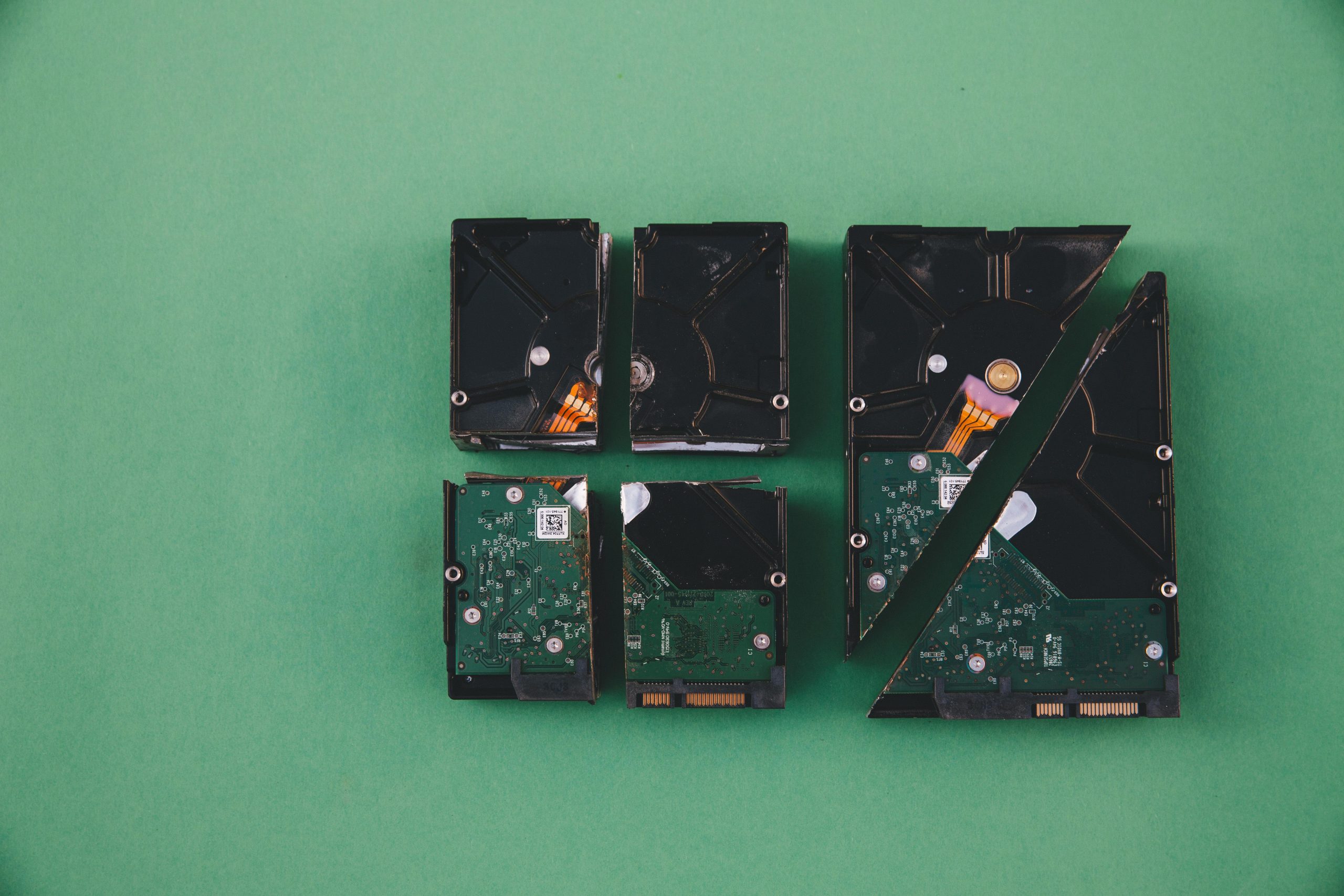Addressing Frequent and Unpredictable Windows 11 Crashes: A Guide to Troubleshooting and Resolution
Introduction
Experiencing frequent and unpredictable system crashes can be immensely frustrating, especially when using a high-performance PC. If you find your Windows 11 machine crashing in a variety of ways—ranging from freezes with or without buzzing sounds, spontaneous shutdowns and reboots, to blue screen errors—it’s essential to systematically diagnose and address the underlying issues. This guide will walk you through potential causes and effective troubleshooting steps tailored for high-spec systems like yours.
Understanding Your System
Based on your specifications, your setup includes:
– Operating System: Windows 11
– Processor: Intel Core i9-14900F
– Graphics Card: Nvidia GeForce RTX 5070
– Memory: 32GB RAM
High-end hardware generally offers robust performance, but it can also be susceptible to specific issues such as driver conflicts, overheating, or hardware malfunctions. Identifying patterns—like your observation that crashes seem unrelated to running OBS—can provide clues toward resolving the problem.
Common Causes of System Instability
- Hardware Overheating
- Driver Conflicts or Outdated Drivers
- Power Supply Issues
- RAM Problems or Memory Corruption
- Corrupted System Files
- Software Conflicts or Background Processes
- Malware or Security Threats
Step-by-Step Troubleshooting
- Monitor System Temperatures
- Use tools such as HWMonitor or MSI Afterburner to check CPU and GPU temperatures during idle and load periods.
- Ensure that cooling solutions (fans, heatsinks) are functioning properly.
-
Overheating can cause spontaneous shutdowns or freezes.
-
Update and Reinstall Drivers
- Visit the official manufacturer websites for your GPU (Nvidia) and motherboard/chipset.
- Download and install the latest stable drivers.
-
Consider performing a clean installation to eliminate residual driver conflicts.
-
Check for Windows Updates
-
Ensure Windows 11 is up to date, as updates often include stability improvements and security patches.
-
Run Hardware Diagnostics
- Use built-in Windows Memory Diagnostic or tools like MemTest86 to test RAM integrity.
- Check your hard drive and SSD health using CrystalDiskInfo or similar tools.
-
Run CPU stress tests to verify processor stability if needed.
-
**Review Event Viewer Logs
Share this content:



